PHD Development Finance
Research that Redefines Finance for All
Engaged inquiry in a complex world
PhD candidates must complete five research design workshops and a course in theoretical perspectives in development finance.
In line with the research mission of “engaged inquiry in a complex world,” and in addition to the UCT requirement to make an original contribution to knowledge, the GSB PhD in Development Finance (PhD DevFin) programme has been designed to develop candidates ability to conceptualise a development finance related problem grounded in strong contextual, theoretical and empirical literature and the identification and development of an appropriate research approach to provide insights to the underlying research questions.
The ultimate outcome of the PhD DevFin programme is documentation of a theoretical and practical contributions to unpacking the contemporary issues in the intermediation of development finance covering governments, businesses and households for sustainable development.
In their first year of registration, PhD candidates are expected to actively participate in our PhD and Research Colloquia (PRCs).
These are five compulsory workshops (between three and five days) distributed throughout the year, which constitute the compulsory Doctoral Research Design course. Candidates on this specialisation are also required to take the Theoretical Perspectives in Development Finance Research course.
* Application & Course fees are provisional for 2026, and are subject to annual UCT council approval. If you would like more information on fees for this programme, click here.
Programme Information
Prescribed curriculum
The programme comprises a thesis, as well as a compulsory series of workshops for all registered PhD candidates in their first year.
Required courses
Code: GSB6001H
Course: Doctoral Research Design
NQF Credits: 0
NQF Level: 10
Code: GSB6003H
Course: Theoretical Perspectives in Development Finance Research
NQF Credits: 0
NQF Level: 10
Code: GSB6002W
Course: Thesis in Development Finance
NQF Credits: 360
NQF Level: 10
Applicants must:
- Have a recognised NQF level 9 qualification in development finance or finance or economics which includes a research component completed within a reasonable duration
- Have the necessary competencies in research methodology and practice that are required for the completion of an independent study research degree
Applicants will need to include a nomination of a suitable supervisor in their application. The nominated PhD supervisor must be a full-time academic at the GSB and must be actively publishing in the scholarly literature in the field in question.
Timing & Costs

Formats & Dates
The PhD programme consists of a series of formalised online/blended workshops (PRCs) aimed at first year students (although students at all levels are invited to participate).

Funding
We understand that funding your studies can be a challenge. While we do not offer scholarships for this programme, here are some ideas that could help.
FAQ
FREQUENTLY ASKED QUESTIONS
The typical duration of a PhD project is between three and four years, if the student is dedicating the bulk of her or his time to the project.
A candidate must be registered for at least two consecutive years, although registration for a year at another university may be accepted as part of that period.
Although no maximum period of time is prescribed for completing a thesis, the university stipulates a "reasonable time", which is generally taken to be five years. If a candidate is not making satisfactory progress, the Commerce Faculty's Higher Degrees Committee may issue a warning, and, if necessary, may refuse re-registration.
Though we do allow part-time PhD students into the programme we recommend that students are able to dedicate at least 20 hours a week to the project. Experience shows that it is otherwise difficult to create and maintain the necessary momentum. Supervisors can at their discretion require students to adhere to certain time commitments.
Learn with the best
Get to know the faculty and staff who will guide you through the Phd Devfin programme.
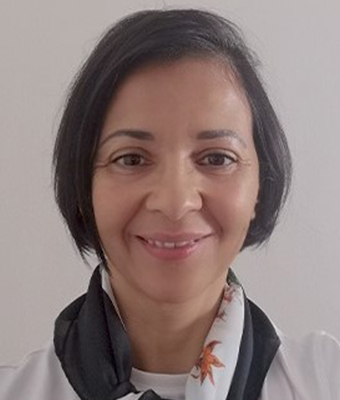
Senior Lecturer

Programme Director
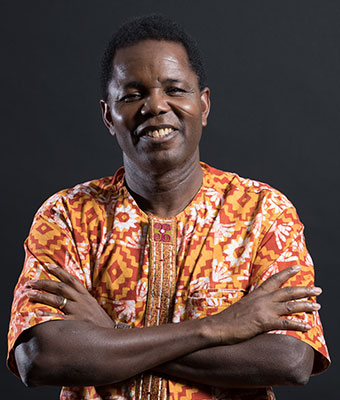
Professor
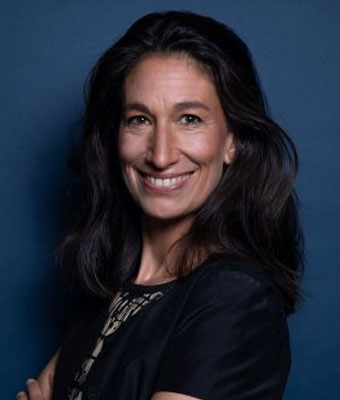
Programme Director
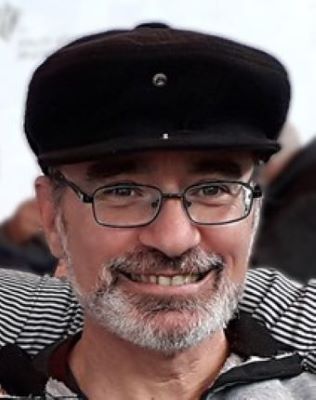
Deputy Director

Senior Lecturer
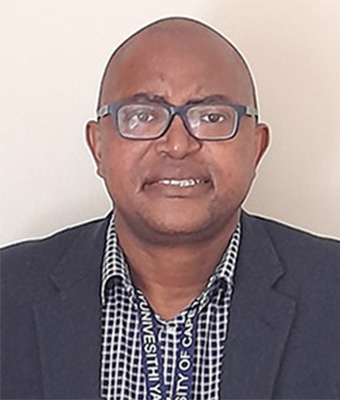
Senior Lecturer
Lead the change
Create sustainable financial solutions for the development of emerging economies.

